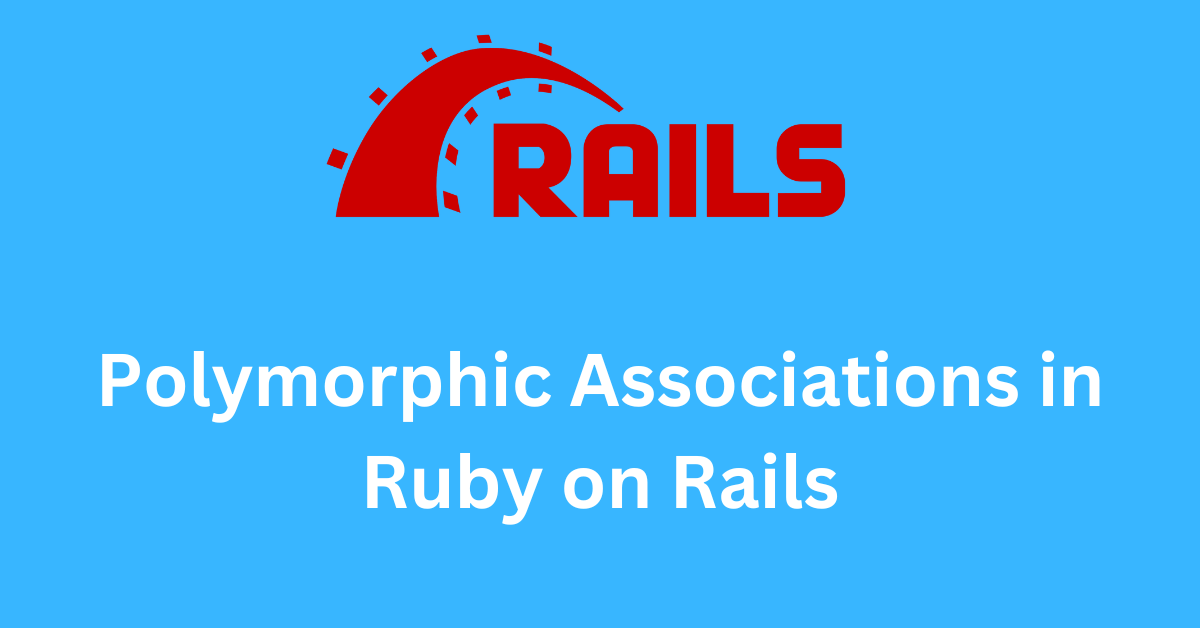Polymorphic Associations?
Hey all - I'm coming to drizzle-orm + SvelteKit from the Rails world.
I want to have polymorphic associations, as documented here: https://guides.rubyonrails.org/association_basics.html#polymorphic-associations
This is what I have in my schema.ts:
I want to have polymorphic associations, as documented here: https://guides.rubyonrails.org/association_basics.html#polymorphic-associations
This is what I have in my schema.ts:

Ruby on Rails Guides
Active Record AssociationsThis guide covers the association features of Active Record.After reading this guide, you will know: How to declare associations between Active Record models. How to understand the various types of Active Record associations. How to use the methods added to your models by creating associations.






